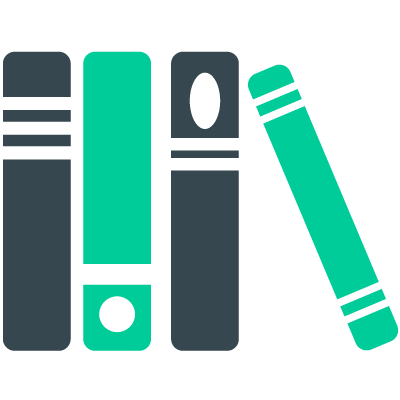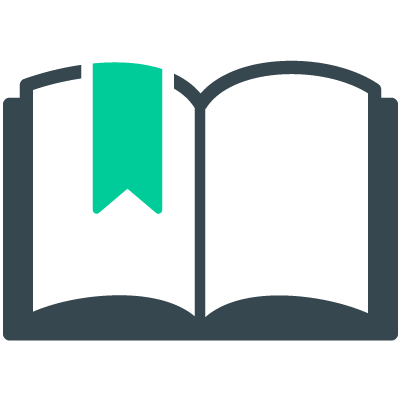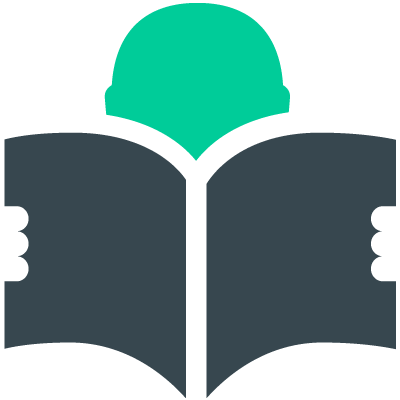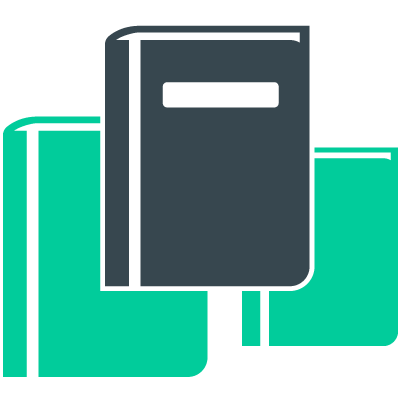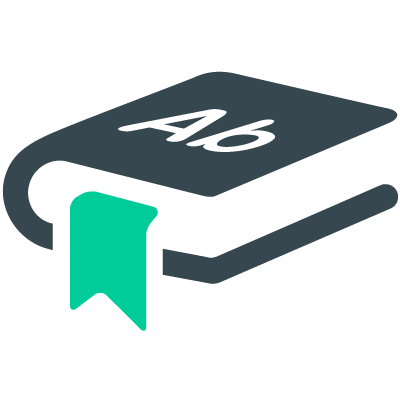HUMAN AND MORE THAN HUMAN: THE PROBLEMATICS OF LYRIC POETRY, ANCIENT AND MODERN
The present work is a revised version of my doctoral dissertation at the Comparative Literature Department at King's College London, where I was fortunate to have Professor Michael Silk and Professor David Ricks as my supervisors. It is my pleasure to acknowledge my debt to their guidance and advice throughout my postgraduate years in London. Other academics at the University of London provided crucial assistance with portions of this project. Special thanks are due to Professor Matthew Bell, Professor Patrick ffrench, Dr. Hector Kollias and Dr. Neil Vickers. They kindly read parts of the work and provided encouraging comments and edifying remarks in its final stage. Among friends and colleagues, I wish to express my sincere gratitude to Dimitra Kokkini and Philippos Pappas for their friendship and invaluable advice. Above all, I am grateful to my parents and to my brother Athos, without whose love and sacrifices all these years this work would not have been possible. I owe them more than I could ever acknowledge. My doctoral research throughout these years has been funded by the Greek State Scholarships Foundation (IKY), to which I owe my thanks for its trust and support. Publication of Human and More than Human is owed to the suggestion of the work to the Kostas and Helen Ouranis Foundation by Vangelis Athanasopoulos, for whose loss there is no recompense. (From the publisher) CONTENTS ACKNOWLEDGEMENTS INTRODUCTION CHAPTER 1: The "more than human" in ancient Greek Melos: from performance to poetics CHAPTER 2: "The legends that depart from land and sea / [...]: These turn to men [...]": The absence of the gods and their return in late Holderlin CHAPTER 3: Recompensing for loss: the "more than human" Community in Wordsworth CHAPTER 4: "That sound/whose like perhaps has vanished From the earth": lyric and Utopia in the "national poetry" of Dionysios Solomos CONCLUSIONS BIBLIOGRAPHY




 engine
🛠20220503.061449
engine
🛠20220503.061449


